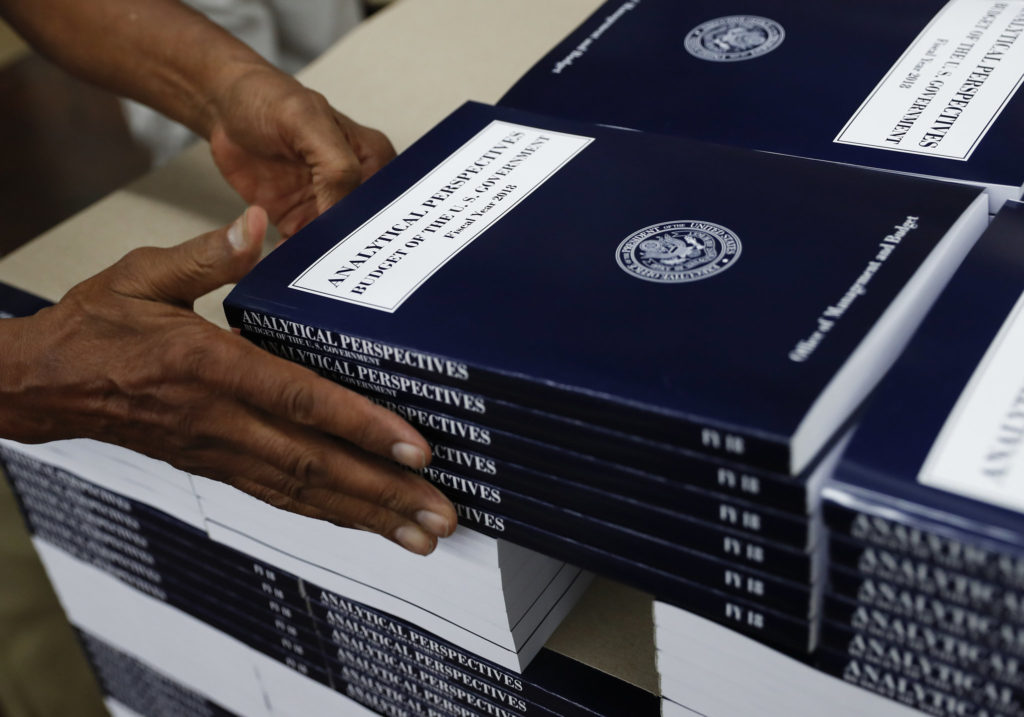
Blog: President Trump’s budget supports affordable energy
On Tuesday, President Trump released his 2018 budget. While the President’s annual budget usually isn’t enacted into law, it provides an important blueprint of where the administration will be focusing its efforts. If ratified, president Trump’s proposal would fulfill several key campaign promises, namely, the increasing funding for energy production, defense, and homeland security initiatives.
From an energy perspective, the President placed the highest priority on reducing energy costs and developing America’s natural resources, stating “A consistent, long-term supply of lower-cost American energy brings with it a much larger economy, more jobs, and greater security for the American people.” In addition to relaxing offshore drilling restrictions, the administration’s budget document includes a plan to open Alaska’s Arctic National Wildlife Refuge (ANWR) for oil drilling by 2022. Such a plan, if enacted, would raise $1.8 billion by 2027.
The Department of Energy faced reductions under the President’s budget, with cuts of $3.1 billion, or 18 percent. One component of that cut is the largely bipartisan federal renewable energy program known as the Advanced Research Projects Agency—Energy, or ARPA-E. A hallmark of bipartisan cooperation since it was created less than a decade ago, ARPA-E was launched under President George W. Bush as part of a broader package to encourage American innovation.
Fortunately for the President, several congressional Republicans are already on board with many his priorities, eager to roll back the preceding administration’s activism. Arizona Representative Paul Gosar commented, “Kudos to the Trump Administration for reducing bureaucratic blight within the EPA by supporting a true all-of-the-above energy strategy and providing much-needed relief to rural communities and local stakeholders.”
One idea that some Congressional Republicans are less excited about is the President’s proposal to sell off half of the Strategic Petroleum Reserve. Another revenue raiser for the federal government, the budget predicts sales would raise $16.5 billion over 10 years. However, many on the right are anxious about the national security ramifications of such a plan given the unstable geopolitical climate.
Ultimately, the President’s budget is interpreted by Congress as a strong suggestion. We will likely see Congressional appropriations bills that will reflect many of his energy priorities.

